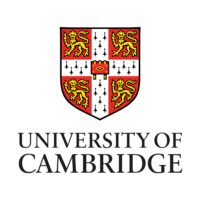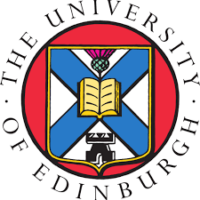 WHPC Distinguished Speaker
WHPC Distinguished Speaker
Buket joined Irish Centre for High-End Computing (ICHEC) in 2012 as a Computational Scientist. At ICHEC, she has contributed to user support activities as part of the National Service and worked on various PRACE and EuroHPC projects within Performance Engineering. She has also participated in graduate-level teaching as part of the Training and Education programme. Before joining ICHEC, she received Ph.D. from the Hamilton Institute, Maynooth University and M.Sc. in Computational Science and Engineering, Istanbul Technical University.
Buket is a member of the Women in HPC Ireland Chapter committee. Her primary interests include performance engineering particularly in optimising complex hybrid HPC workflows.
Tech Talk Abstract:
As HPC transitions from traditional applications to hybrid workflows, performance engineering is evolving to address new challenges. Furthermore, integration of traditional HPC, AI and Quantum Computing shifts the focus of performance analysis to optimising complex workloads and understanding unique needs of hybrid quantum HPC systems. My talk will cover these emerging shifts and expectations from performance engineering.
I’ve personally observed ongoing changes in HPC throughout my experience at ICHEC. I’ve worked on diverse projects, identifying bottlenecks in traditional HPC applications within PRACE [1] and EuroCC Academic Flagship [2] programme and later contributed to EuroHPC IO-SEA project [3], which focused on developing novel data management and storage platform for Exascale Computing. Currently, EuroCC Digital Innovation Flagship programme focuses on implementing complex domain-specific workflows, including Quantum Computing [4].
Meanwhile, HPC systems are growing larger and handling more complex datasets. The applications are becoming more complex, with workflows that need to process data in multiple stages. To ensure these systems work as needed, performance engineers need to have a broader set of skills such as data management, workflow automation, pipeline development and understanding emerging technologies.
As a result, performance engineers are required to integrate tools and techniques from the entire HPC ecosystem to deliver optimised solutions. To achieve that, it’s essential to be exposed to different disciplines, dedicate to continuous learning, collaborate with skilled colleagues, gain practical experience and work with a workforce that has a diverse skill set.
[1]. https://prace-ri.eu/
[2]. https://www.eurocc-ireland.ie/
[3]. https://iosea-project.eu/
[4]. https://www.eurocc-ireland.ie/dif


 WHPC Poster Chair, Finalist – ISC25 Best Research Poster
WHPC Poster Chair, Finalist – ISC25 Best Research Poster WHPC ISC25 – Partner Manager (Incoming) + WHPC Treasurer, and Chapters and Affiliates
WHPC ISC25 – Partner Manager (Incoming) + WHPC Treasurer, and Chapters and Affiliates WHPC BoF Chair and Representing WHPC Central European Chapter
WHPC BoF Chair and Representing WHPC Central European Chapter
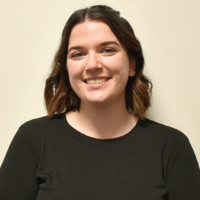
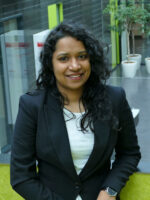 WHPC Travel Fellow
WHPC Travel Fellow WHPC Distinguished Speaker
WHPC Distinguished Speaker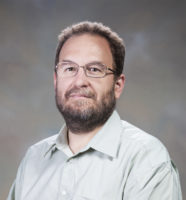 WHPC Distinguished Speaker
WHPC Distinguished Speaker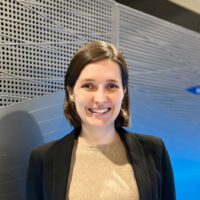 Representing JuWinHPC
Representing JuWinHPC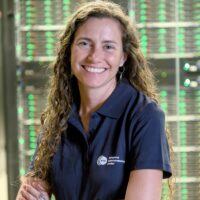 Representing WHPC MAR Chapter
Representing WHPC MAR Chapter Representing WHPC Ireland
Representing WHPC Ireland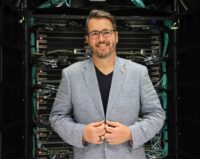 Representing WHPC+ Australia and New Zealand
Representing WHPC+ Australia and New Zealand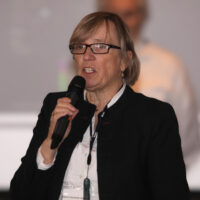 Representing IDEAS4HPC
Representing IDEAS4HPC Tech Talk Presenter
Tech Talk Presenter



